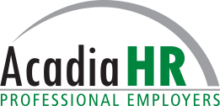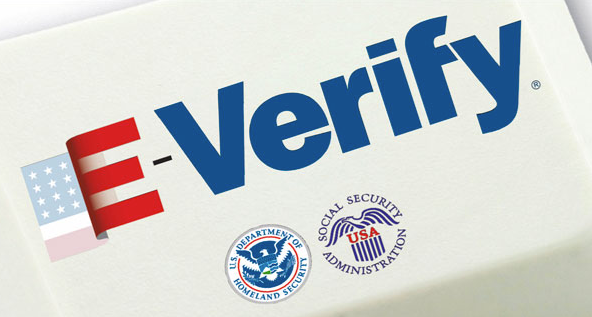E-Verify is an online employment verification system operated by US Citizenship and Immigration Services (USCIS) in partnership with the Social Security Administration (SSA). It allows employers to verify a new hire’s eligibility to work in the US by submitting information from Form I-9 into a federal database. E-Verify is free but requires registration and certain employer compliance standards.
The program from which E-Verify evolved was established in 1991 and became a pilot program with the passing of the Illegal Immigration Reform and Immigrant Responsibility Act of 1996. Since then, E-Verify has progressed into a reliable and increasingly popular employment verification tool, required now, in varying degrees, of employers in 24 states.
Private businesses with the option to enroll in E-Verify, such as employers in New York State, should carefully consider the benefits and costs of doing so. In a recent article in the Society for Human Resource Management (SHRM), employment law firm Fisher-Phillips provided a few pros and cons of E-Verify enrollment:
Pros
- Remote Verification & Speed. While Form I-9 is required to be completed and signed in person when identification is physically examined by a company authorized representative, E-Verify allows document verification to be completed electronically and remotely. Furthermore, eligibility to work is determined almost immediately.
- Good Faith Defense. Employers who rely on E-Verify to confirm a new hire’s work eligibility create for themselves an added layer of protection and confidence in their compliance efforts. This creates a presumption of good faith in the hiring process. This may prove to save the company considerable time and costs in noncompliance fines and legal fees.
- Foreign STEM Students. Employers enrolled in E-Verify who sponsor F-1 visa holders for student-employee positions in STEM can offer an additional 24 months of optional practical training. Furthermore, these employers can better recruit high-demand students because it allows continued employment of F-1 students for up to 36 months without having to petition for an H-1B visa or “win” the H-1B lottery.
Cons
- Increased Exposure. Enrolling in E-Verify allows government agencies to readily audit your data.
- Errors. Even after 30+ years of development, E-Verify still has occasional errors in the form of false-negatives and false-positives in its eligibility verification.
- Improper use. Some state lawmakers are concerned that E-Verify may create discriminatory hiring practices when used improperly. California, for example, explicitly prohibits employers from using E-Verify as an employment prescreening tool or from reconfirming employment eligibility on existing employees.
- Required Training. More than one person in your organization (or outside, if outsourced) will have to be regularly trained to use E-Verify. This may be time-consuming and expensive.
Compliance with federal work eligibility laws is an important part of running any business that hires workers, as most do. For those US employers not mandated to enroll in E-Verify, a careful risk assessment should accompany planning and action so that proper employment verification can be maintained for their organization.
Acadia HR has been helping businesses locally and nationally since 1989 by delivering tools and resources to build efficiencies in their clients through personal, customized service. For more information on outsourcing options, please call 845.876.1987 or email sa***@******HR.com.

